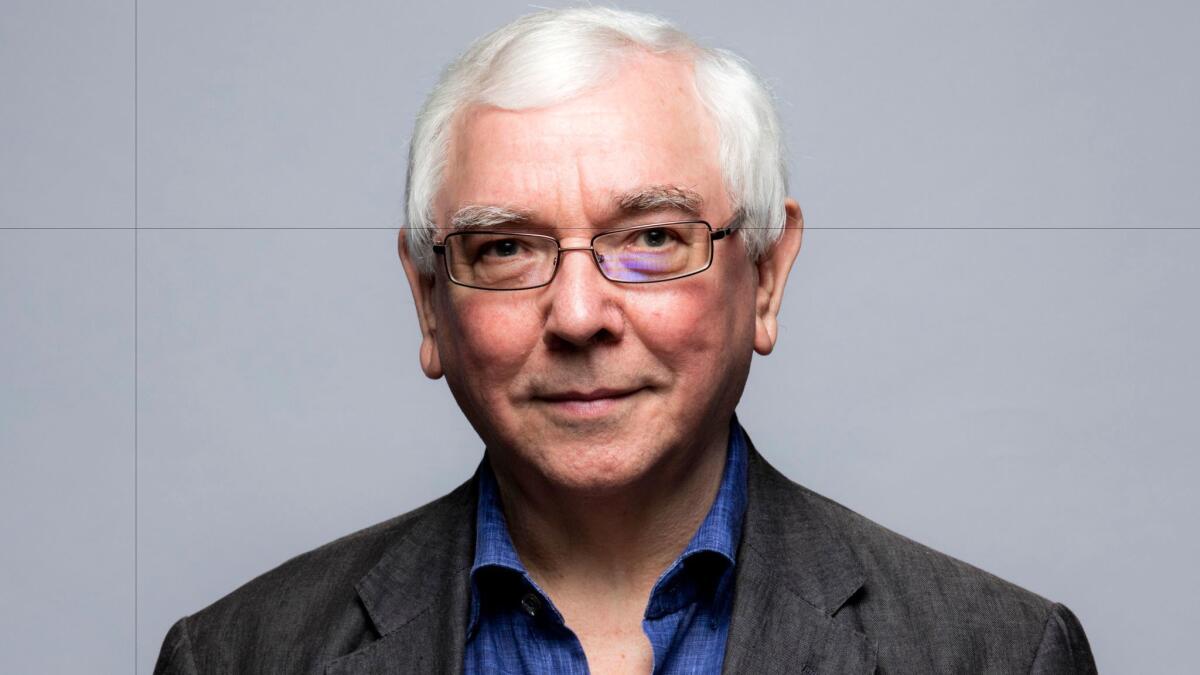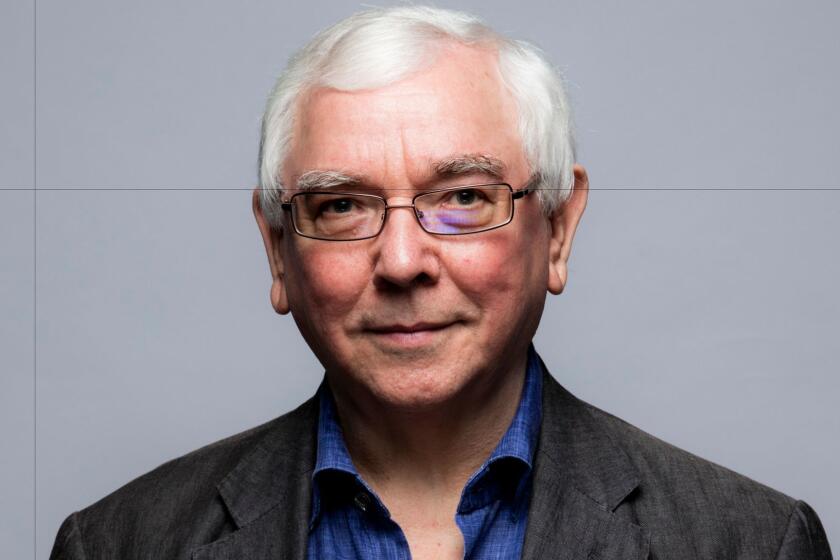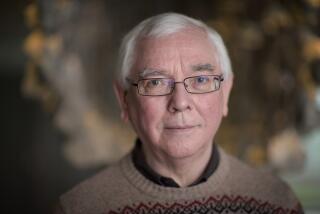Terence Davies, acclaimed director of ‘Distant Voices, Still Lives,’ dies at 77

British filmmaker Terence Davies, whose work plumbed his troubled upbringing, has died “after a short illness,” his friends announced on his Instagram page. He was 77.
The filmmaker, who died at home on Saturday, achieved acclaim for his fictionalized autobiographies “Distant Voices, Still Lives” and “The Long Day Closes,” as well as literary adaptations, including Edith Wharton’s “The House of Mirth” starring Gillian Anderson and “The Deep Blue Sea” with Rachel Weisz.
More recent works include “A Quiet Passion,” an Emily Dickinson biopic starring Cynthia Nixon in 2017, and “Benediction,” the 2021 Netflix drama toplined by Jack Lowden, about British war poet Siegfried Sassoon’s journey for personal salvation.
“It’s always a shock when people say my films are depressing,” Davies told the Los Angeles Times in 2017.
“My films are not very happy because I’m not very happy,” he said. “I’m drawn to films about struggle and darkness. I’m drawn to a certain kind of courage. I’m drawn to creative people who are not recognized.”
He was born in Liverpool, England, on Nov. 10, 1945 — the youngest in a large Catholic family. He grew up in Liverpool and dabbled as an amateur actor, winning a London Academy of Music and Dramatic Art gold medal and a National Arts Awards prize, according to the bio on his website.
His film career wasn’t a given. First, Davies spent a decade as a clerk in a shipping office and as a bookkeeper in an accountancy firm before enrolling in the Coventry Drama School, where he wrote the screenplay for his first film project, “Children,” which he directed with British Film Institute’s backing.
Davies went on to National Film and Television School, where he completed the second movie of his trilogy, “Madonna and Child,” in 1980. Three years later, he completed the final film in his self-described “Terence Davies Trilogy,” “Death and Transfiguration.”
As a gay man, he struggled within the tenets of his religion and tackled the pain of his youth in the documentary “Of Time and the City,” which premiered at Cannes in 2008.
“I do see the glass as half-empty,” he told The Times. “Whatever optimism I had was killed as a child. When you see your abusive father dying for two years and then the body is in the house for 10 days, that crushes romance. It heightens the need for romance, but it crushes it.”
After “House of Mirth,” he took an eight-year break from films in the early 2000s, which he described as a low point to the Guardian. He told the London paper that he got through the despair by writing poetry. But he returned to his craft with a burst of four films.
He celebrated his resurgence, telling The Times in 2017 that it was “two bites at the cherry and some people don’t even get the first bite.”
According to his website, he lived in rural Essex.
More to Read
The biggest entertainment stories
Get our big stories about Hollywood, film, television, music, arts, culture and more right in your inbox as soon as they publish.
You may occasionally receive promotional content from the Los Angeles Times.












